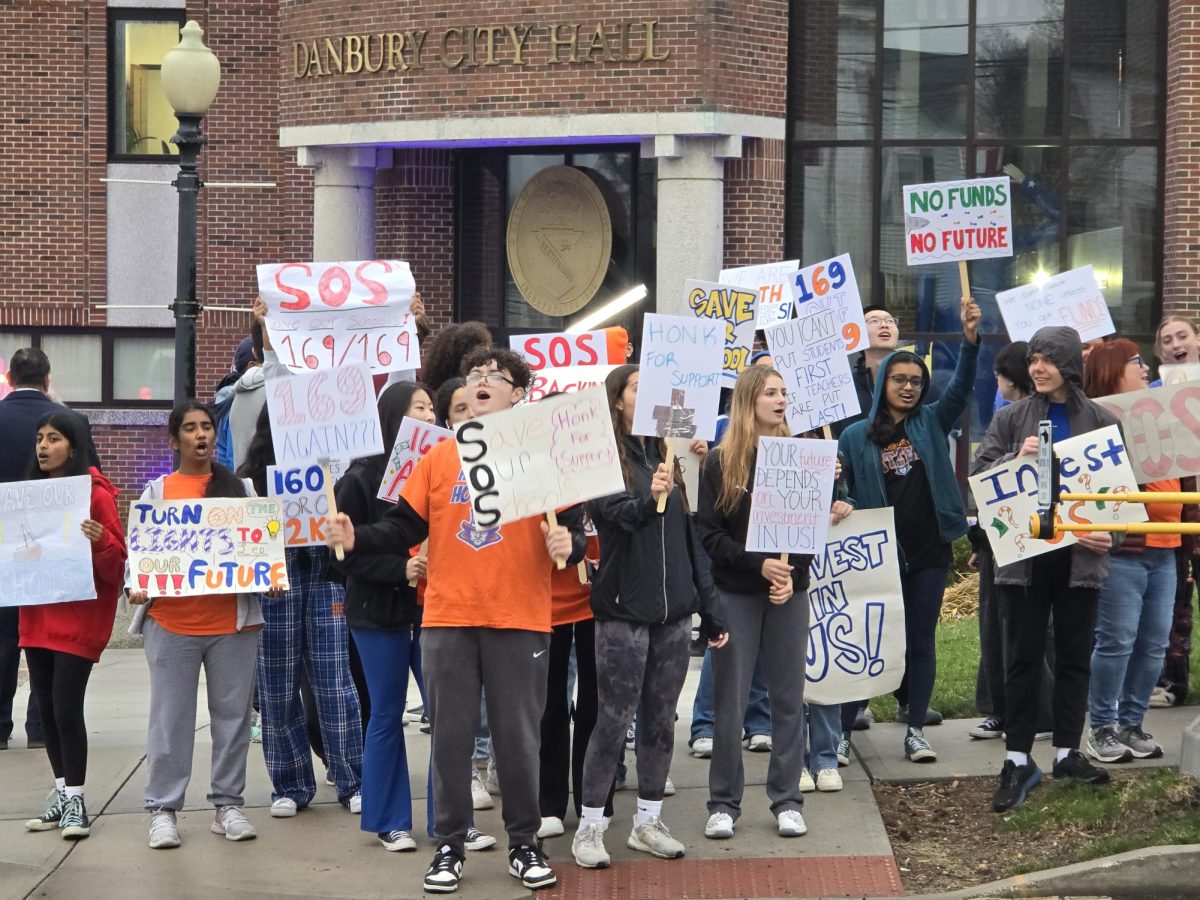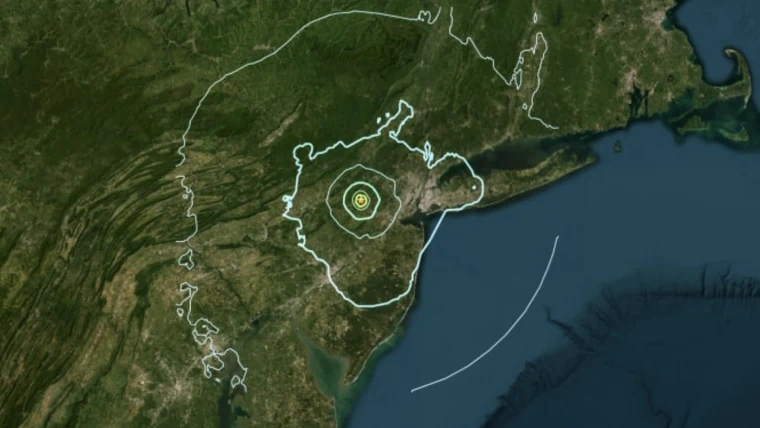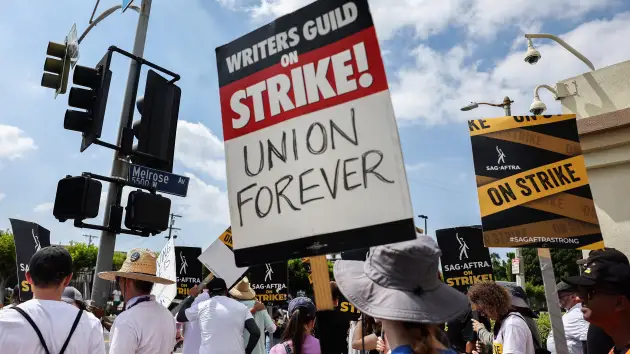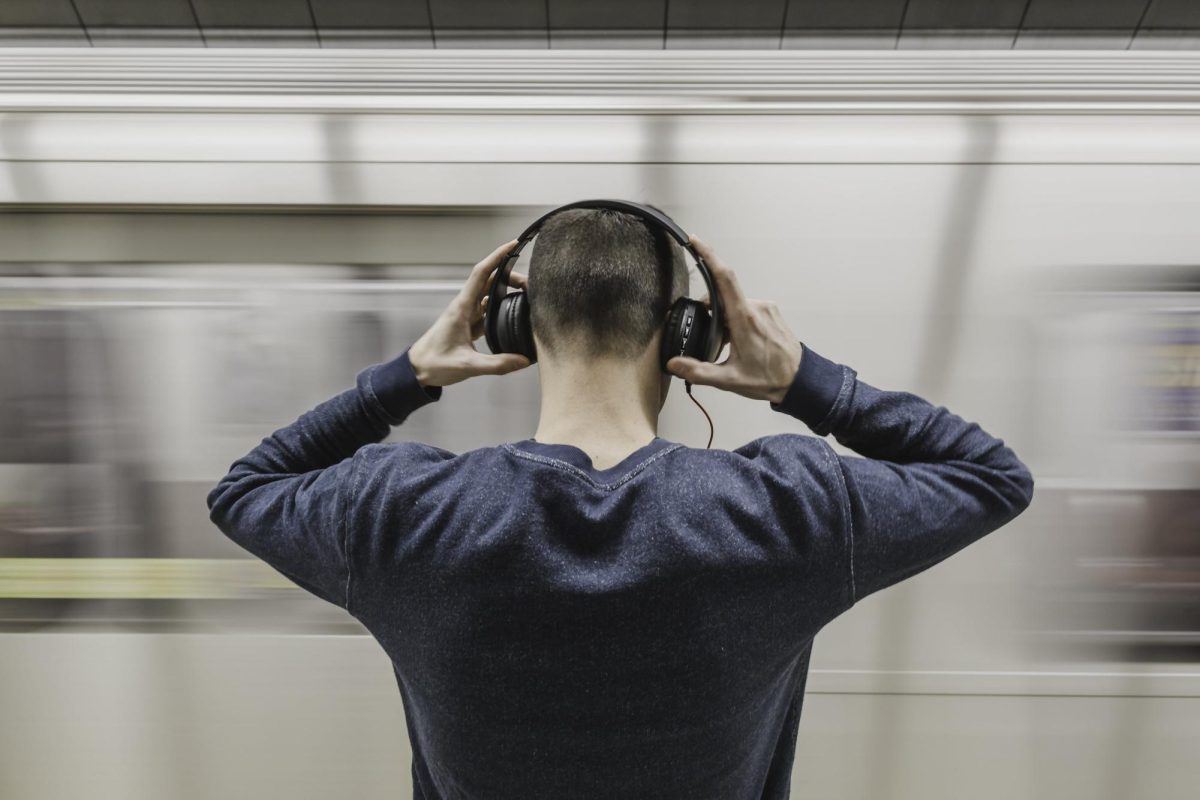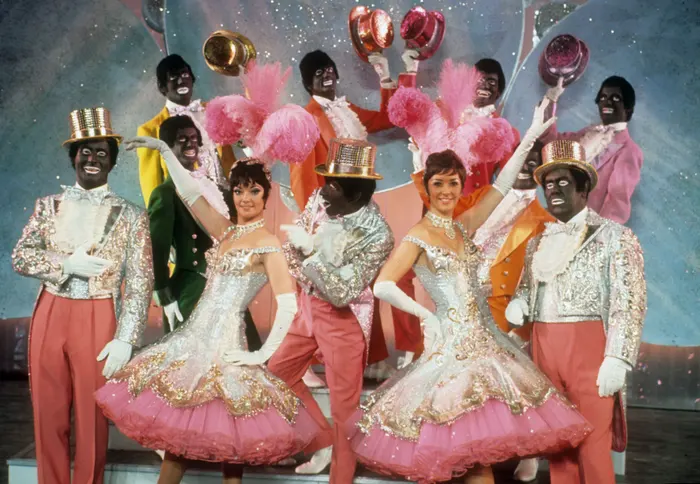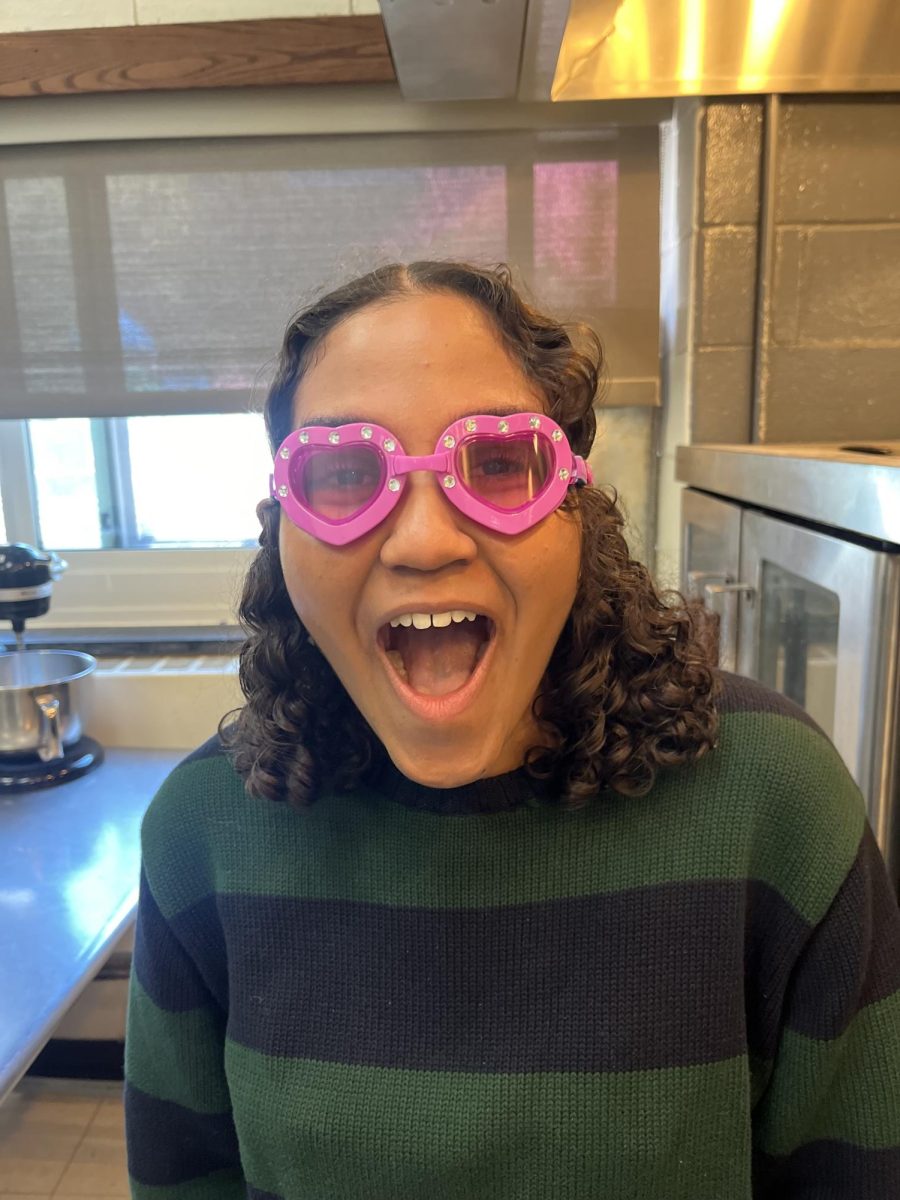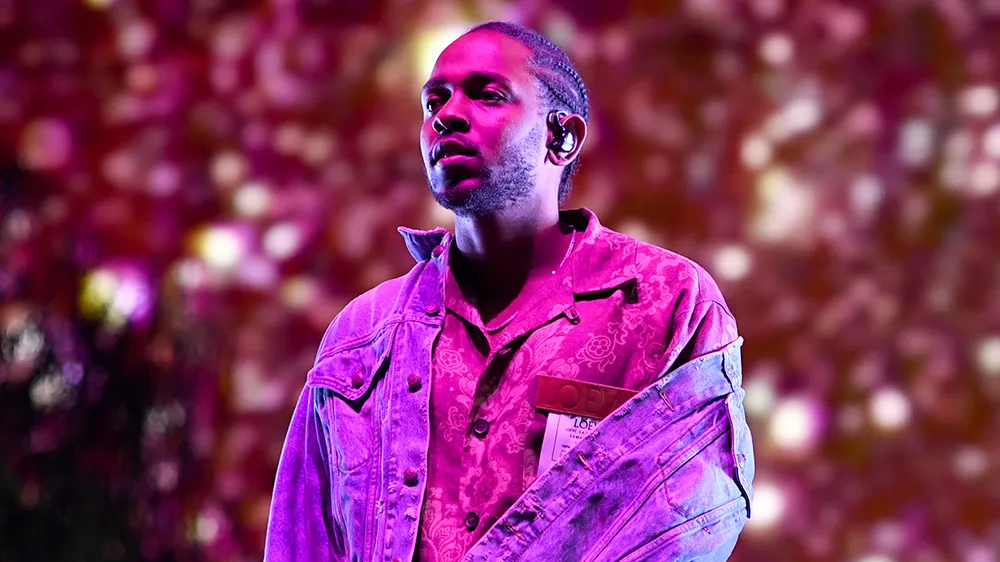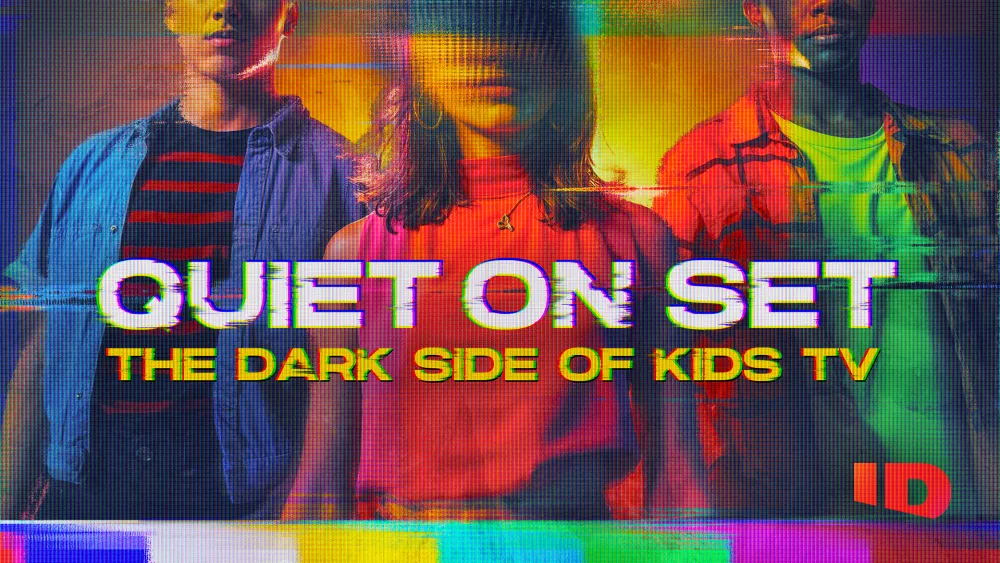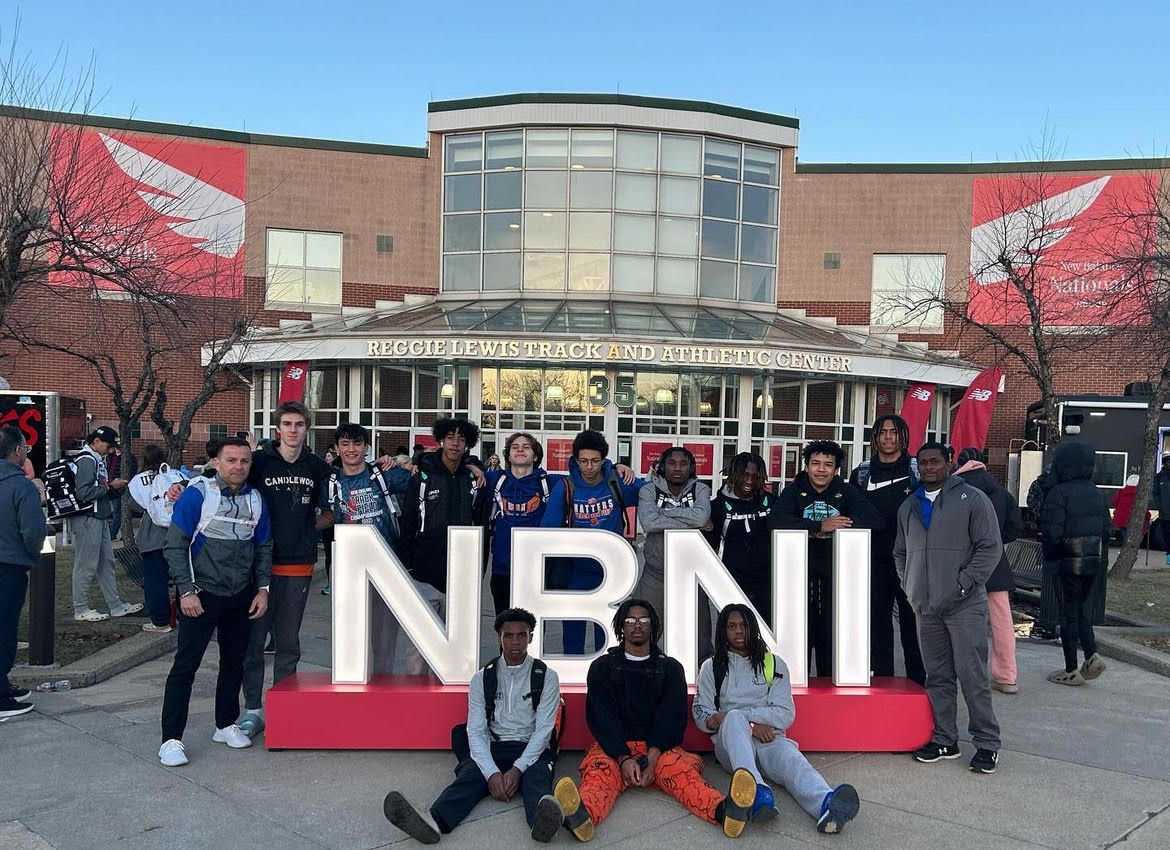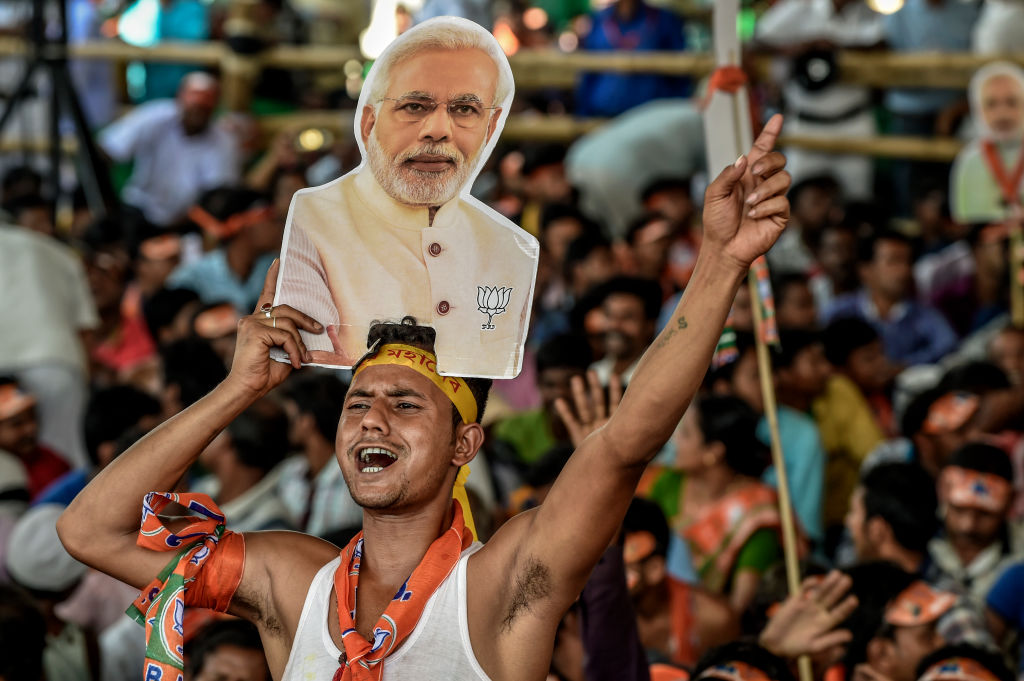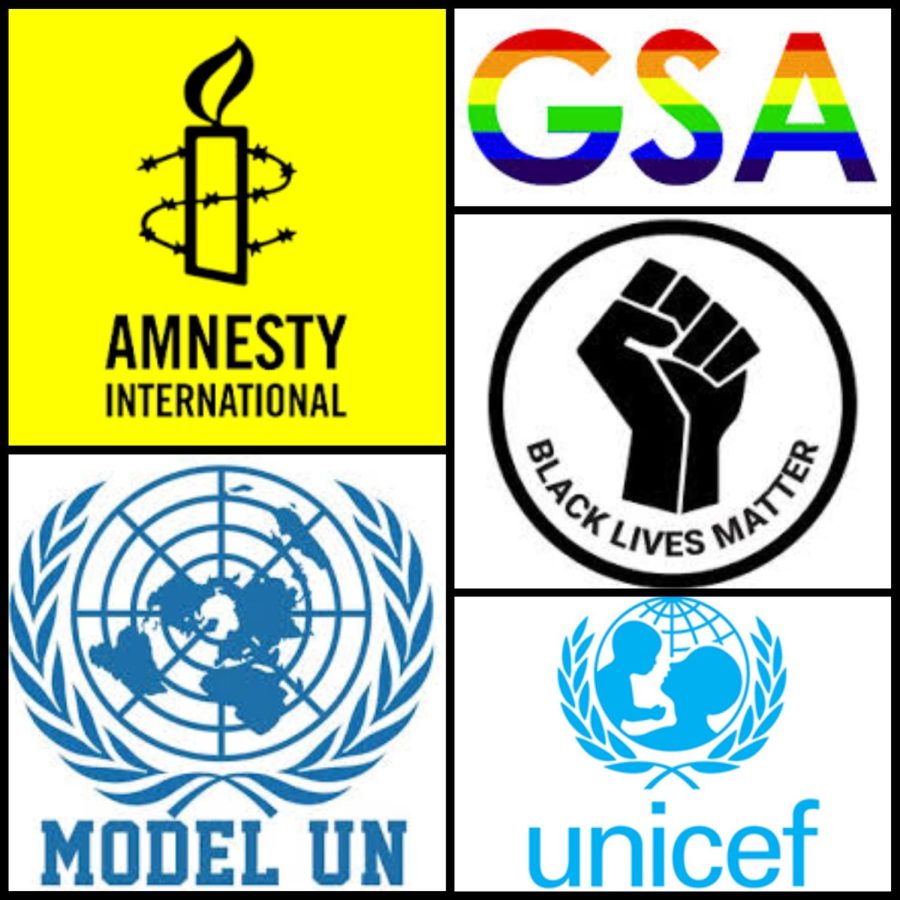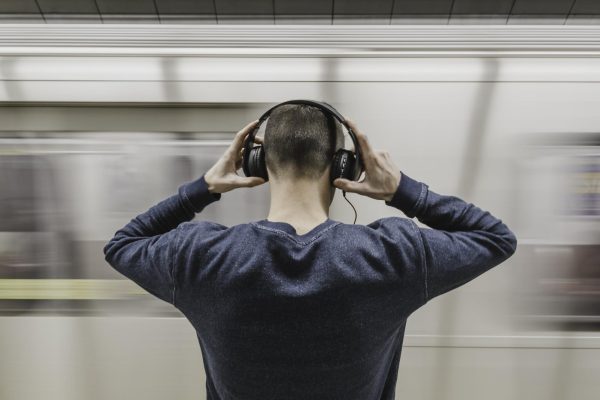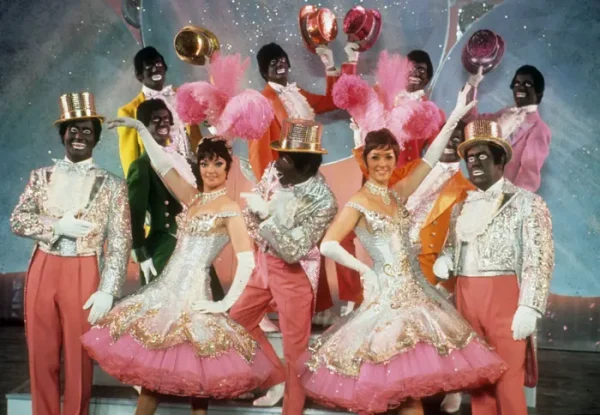Portrait of a Graduate Spotlight: Advocacy
February 11, 2022
Advocacy is the first pillar of the Portrait of a Graduate project.
Advocacy – Graduates celebrate all forms of diversity and actively work to protect the rights of all in our community
Essentially, the concept of advocacy is the process of standing up for a belief, person, cause, or organization to no benefit for yourself past doing what you believe to be morally correct. Within the Danbury High School system, advocacy is present in a multitude of clubs. POG works to encourage advocacy both inside the class and in extracurriculars outside in hopes of students maintaining these skills when they grow up and enter adulthood. These skills, if developed young, will aid students in their future endeavors and help them to fight for causes they believe in.
Model UN – Anthony Steady, Advisor
What is advocacy to you?
“Advocacy to me is standing up for something that you believe in. Being a good advocate for something means being able to clearly explain your stance on difficult topics in a persuasive manner.”
What encouraged you to start the Model UN?
“I was the president of the Model UN Club when I was in high school. It was an amazing experience and part of what made it so amazing was that I had a dedicated and passionate teacher who volunteered his time to lead the club. When a group of students came up to me 5 years ago and expressed interest in creating their own Model UN Club at DHS, it was a no-brainer to volunteer to help them.”
How do you think Model UN represents advocacy?
“I believe that Model UN represents advocacy because the entire club’s purpose is to help students (A) learn about global issues, (B) take a stand on these issues, (C) and come up with solutions for how to solve these issues. The Model UN helps students look beyond not only Danbury, but beyond the United States. Being an advocate means standing up for justice and human rights not just in our own communities, but in the entire world.”
Model UN – Dylan Hennessy, Vice President, Sophomore
What is advocacy to you?
“Advocacy is speaking up or supporting an issue that may or may not concern you, but still needs to be voiced in order for a positive change to occur.”
Why do you think it is important?
“Advocacy is important because it allows the voice of the people to be heard and it also allows attention to be drawn to crucial issues that could be ignored or put aside by people in a more political/legal place of power. Overall, it is important because it is the change we insight directly in our society.”
How do you think Model UN represents advocacy?
“Model UN represents advocacy because we are able to discuss current political/social/economic/environment issues from a variety of perspectives and then collaborate with others in order to come to an agreement— one that if implemented will work toward resolving a world issue. Thus, through the model simulation of the United Nations, we are able to inspire hypothetical change to international policies/matters.”
UNICEF – Katherine Holden, Advisor
What is advocacy to you?
“To me, advocacy is the act of supporting, by standing up for and/or providing help, for someone or something, be it a person or a cause. It is using your platform, influence, or privilege to make something known or to offer help.”
What encouraged you to start UNICEF?
“The UNICEF Club is entirely student-run, so I did not actually start it. A group of students came to me and asked if I would be the advisor for the club, and I said yes! I filled out the paperwork for UNICEF and DHS, but that is really it. The students in the club do all of the planning and advocacy work for the club, from deciding the topics and activities for the meeting and setting up the fundraiser events.”
How do you think UNICEF represents advocacy?
“I think the UNICEF Club is the perfect embodiment of advocacy. The premise of UNICEF (the United Nations Children’s Fund) is to provide aid and support for children throughout the world, as well as maternal care. The club focuses on raising awareness on a multitude of challenges that children face everyday, from malnutrition and hunger to violence and educational discrepancies. Children are a group that have historically not been advocated for. A lot of times kids don’t know that what is happening to them is wrong or do not know how to get help if they need it. So UNICEF is an organization that is designed to advocate for this special population. All of the UNICEF Club’s events are based on advocating for children, from sharing information to raising money to fund programs designed to help support or legally advocate for children throughout the world.”
UNICEF – Mya Cefaloni, Sophomore
What is advocacy to you?
“Advocacy to me is people or an important cause that needs to be supported in order to be brought awareness to and helped.”
Why do you think it is important?
“Advocacy is important because we are able to support people who need assistance and don’t have the resources or opportunities to advocate for themselves.”
How do you think UNICEF represents advocacy?
“UNICEF represents advocacy because we speak up on behalf of and with children to support their rights, ensure safe and healthy childhoods in safe and inclusive communities, and build strong futures with opportunity and hope!.”
Amnesty International – Arianna Martinez, Community Outreach Coordinator, Junior
What is advocacy to you?
“Advocacy to me is finding your core values and representing them when the time calls.”
Why do you think it is important?
“Being an advocate for yourself, others, and or what’s around you is extremely significant. You’re fighting for what you believe in and inspiring others to do the same. If we all create a chain reaction of standing up for ourselves or standing up for a cause that matters to the community- it has the power to make a difference.”
How do you think Amnesty represents advocacy?
“Amnesty portrays advocacy by considering others before ourselves. Whether it’s a light meeting with snacks or a community service event. We’re there supporting one another and united by our beliefs. Each month we choose a relevant theme to advocate for; from women’s rights…health disparities..to community hunger. Our members dedicate time deciding what we can help most right now.”
Amnesty International – Jane Coppola, Junior
“Advocacy to me is speaking up for people and causes that need support. Advocacy is extremely important as it can save lives by bringing attention, funds, supplies, etc to people that truly need it. Amnesty represents advocacy because we work closely with organizations like the women’s shelter to speak up for and provide aid for those less fortunate.”
Black Lives Matter (BLM) – Julian Shafer, Advisor
“To me, the purpose of advocacy is to highlight injustice where it appears, and use our voice to change the conditions that cause that injustice.
The Black Lives Matter club started six years ago when former students of mine were looking for an advisor to help them run their club, and I agreed to help. The students that started the club wanted to create a Black-led space where students can meet to discuss issues related to racial justice and to discuss current events in Black culture (music, film, etc.). Over the years different groups of students ran the club in the ways that best suited their interests. One year a group of students wanted to focus on educating others about racism. They held an assembly in the auditorium to discuss how racism affects students in school and put on a series of skits to demonstrate how to respond to racism when students see it happen in their day to day lives. A year later, another group of students decided that they wanted to learn more Black History in school. They ended up meeting with students from the Latino club to advocate for a Race and Ethnicity Studies course, which ran for three years before it was replaced by the new African-American/Black and Puerto Rican/Latino Studies Course. Because of the BLM and Latino club students who used their voice, the school was able to offer an elective which covered Black and Latino history for three years before the state created this new course.”
Gay-Straight Alliance (GSA) – Ace Hanigan, Freshman
What is advocacy to you?
“Advocacy to me is bringing awareness to situations that haven’t been heard about enough and bringing it up to people who have not been aware of situations like that or are in the wrong…”
Why do you think it is important?
“It is important to learn new things that they haven’t learned before and also new ideas that can help them in the future.”
How do you think GSA represents advocacy?
“GSA brings awareness to LGBTQ community as a lot of people aren’t educated as kids and it’s easier to teach them younger so that they don’t have the wrong idea.”

